The team at Block in a Box provide an update to the fire door inspections regulations.
The Grenfell Tower Inquiry found that the fire doors in the building didn’t work. This was due to disrepair or damage.
The Phase 1 report noted that “Fire doors play an essential role in preventing or inhibiting the spread of smoke and toxic gases and in preserving the effective compartmentation of buildings.”
Because of this, the Government will be changing the legal requirements of property managers of multi-occupancy blocks in England. This is to inspect fire doors.
What Are the New Requirements?
From the 23rd January 2023, it will be a legal requirement for those responsible for multi-occupied residential buildings of over 11 metres in height to:
- undertake quarterly checks of all fire doors (including self-closing devices) in the common parts
- undertake – on a best endeavour basis – annual checks of all flat entrance doors (including self-closing devices) that lead onto a building’s common parts.
The regulations will also require property managers to “provide to residents of all multi-occupied residential buildings with two or more sets of domestic premises (that have common parts) information on the importance of fire doors to a building’s fire safety.”
The first point is fairly straightforward; every 3 months, property managers will need to carry out an inspection of all the fire doors in the common parts of their buildings.
The second part requires checks on individual unit doors that lead to a common area. It refers to a ‘best endeavour basis’, so what does that really mean?
The Governments notes on this state that “it will be for responsible persons to determine the best approach to engage with residents in order to get access to undertake the annual checks of flat entrance doors. This could include the responsible person agreeing with residents a date, so access can be granted.”
As for the additional third point, the information you need to provide to residents should cover:
- the importance of keeping doors closed
- that doors and self-closing devices are not to be tampered with
- that any faults or damage to doors should be raised immediately
Residents should receive this information when they move in and then on an annual basis.
Who Can Carry Out the Inspections?
The Government’s notes on the new requirements state that ‘responsible persons’ should be able to carry out the new inspections themselves. Without any input from a specialist. They provide a checklist for the responsible person to use while carrying out the inspection.
The responsible person should consider:
- if there has been any alteration or damage to a door’s glazing apertures or air transfer grille
- if there are any gaps around the door frame and that seals and hinges are fitted correctly
- that the door closer shuts the door
- that the door closes correctly around the whole frame
- that there is no visible damage (either deliberate or from wear and tear) to the door or door closer
When Should a Specialist be Instructed?
The Government notes suggest that “if any issues are identified from these checks, it might be appropriate to undertake more detailed checks of doors (or the self-closing device)…This could include engaging a specialist.”
At Block in a Box, we always recommend 4Site Consulting for expert fire risk inspections. They are also fully equipped to handle your fire door inspections. They include fire door inspections as part of their standard fire risk assessments, but the new quarterly requirement can also be covered.
If you, as the responsible person, feel that an expert eye is needed to ensure your compliance and to uphold resident safety, then asking your fire risk inspector to complete the basic quarterly and annual checks alongside the usual assessments may be best. This can also help to ensure a trail of paperwork that will ensure you can evidence your compliance with the new regulations.
Block in a Box not only provides information on how to protect your block of flats against emergencies over winter. We can also help with utilities, repairs, insurance, health and safety, and just about any other issue a flat owner or manager might face. To learn more about leasehold management companies or freehold management companies, contact our friendly and professional team today on 0333 0154 145.

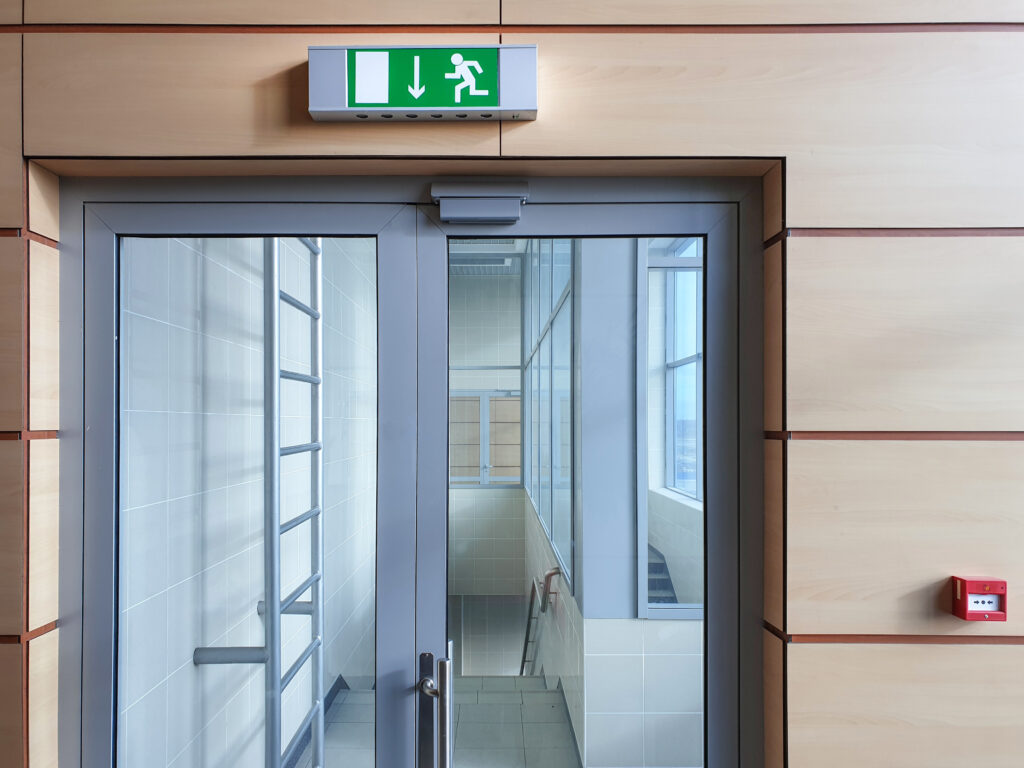
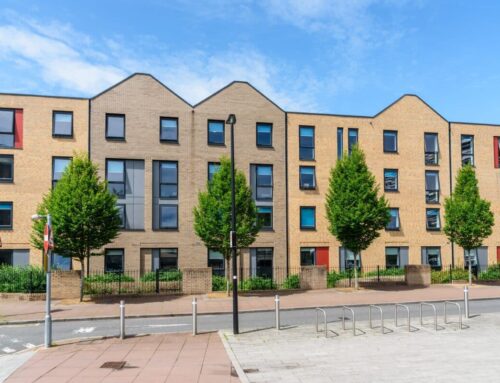
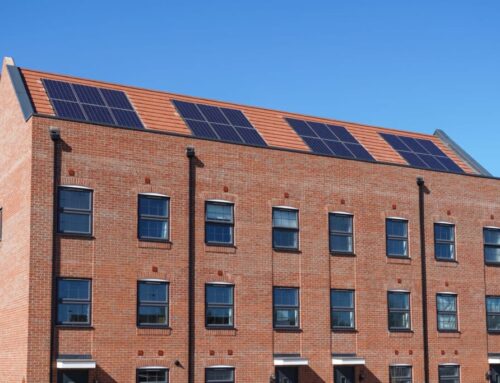

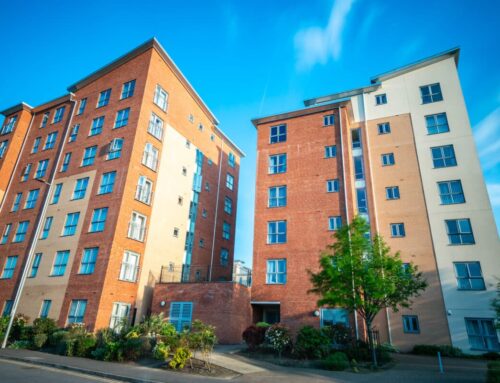
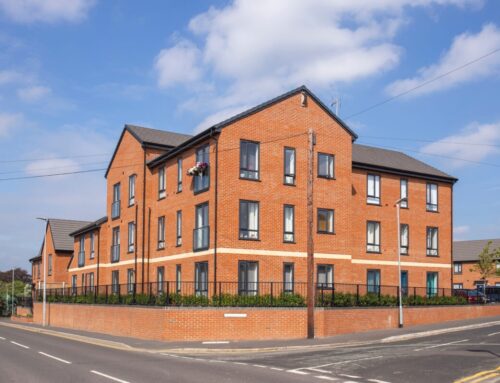
Leave A Comment